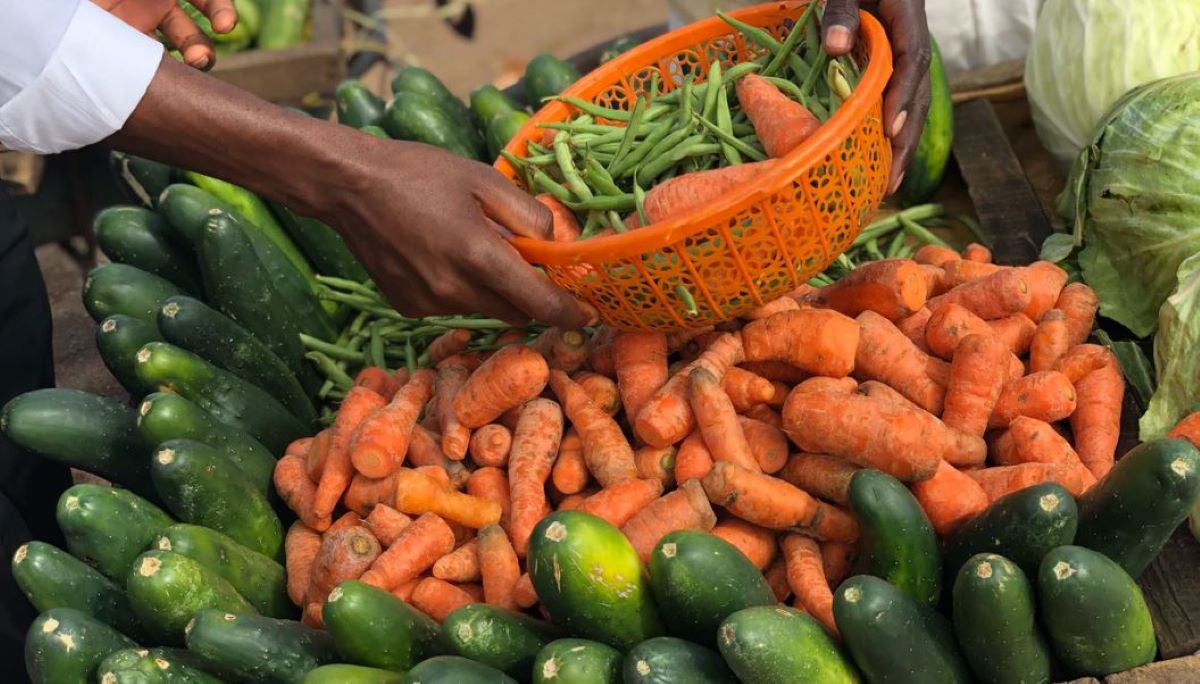Nigeria has pockets of people in IPC phase 5 as food insecurity grows in 2021.
The United Nations World Food Programme, WFP has warned that famine could become the reality for millions of people globally.
In its announcement today, the WFP said that 41 million people are confronted with the risks of famine without funding and humanitarian aid.
WFP’s Executive Director David Beasley addressing WFP’s Executive Board on 21 June said that “Meanwhile 41 million people are literally knocking on famine’s door. If you look at the numbers, it’s just tragic – these are real people with real names. I am extremely concerned.”
A recent Integrated Food Security Phase Classification, IPC assessments shows that 584,000 in Ethiopia, Madagascar, South Sudan and Yemen are already experiencing phase 5 famine-like conditions.
Nigeria and Burkina Faso are having pockets of people in IPC phase 5 in recent times which therefore raises concerns for both nations.
- Engaging in fast-moving consumer goods FMCG, business in Nigeria
- Foods In Nigeria That Can Lower The Risks Of Cancer
- Foreign oil firms approach Dangote for stake in the forthcoming refinery
- Nigeria Could House Some Percentage of New Poor Mass – World Bank
- Tony Elumelu on the New Order For Africa – “Nothing Will Be Enough”
Food security in Nigeria
Banditry and conflicts are raging throughout Nigeria and consequently, food supply constraints in 2021. This further drives the costs and food prices and fortified by the restrictions of imports.
In May, Nigeria’s president, Mohammadu Buhari sat with generals in the military to talk about the rising conflict.
The Federal Government said its dispositions to safeguard food security in the country is to address banditry and kidnapping.
Furthermore, it stated that security agencies are trying to make the farms safe for farmers to produce more food in order to have excesses.
Aside from banditry in Nigeria, currency depreciation is also driving prices higher.




